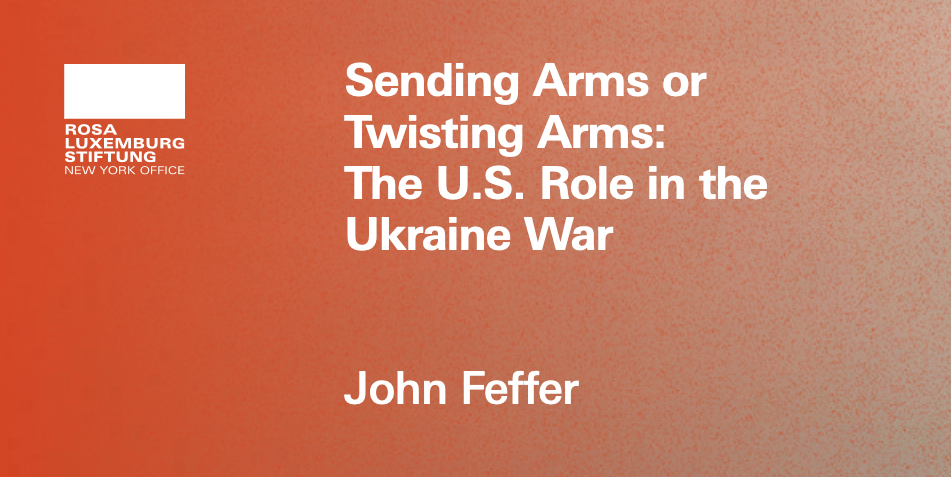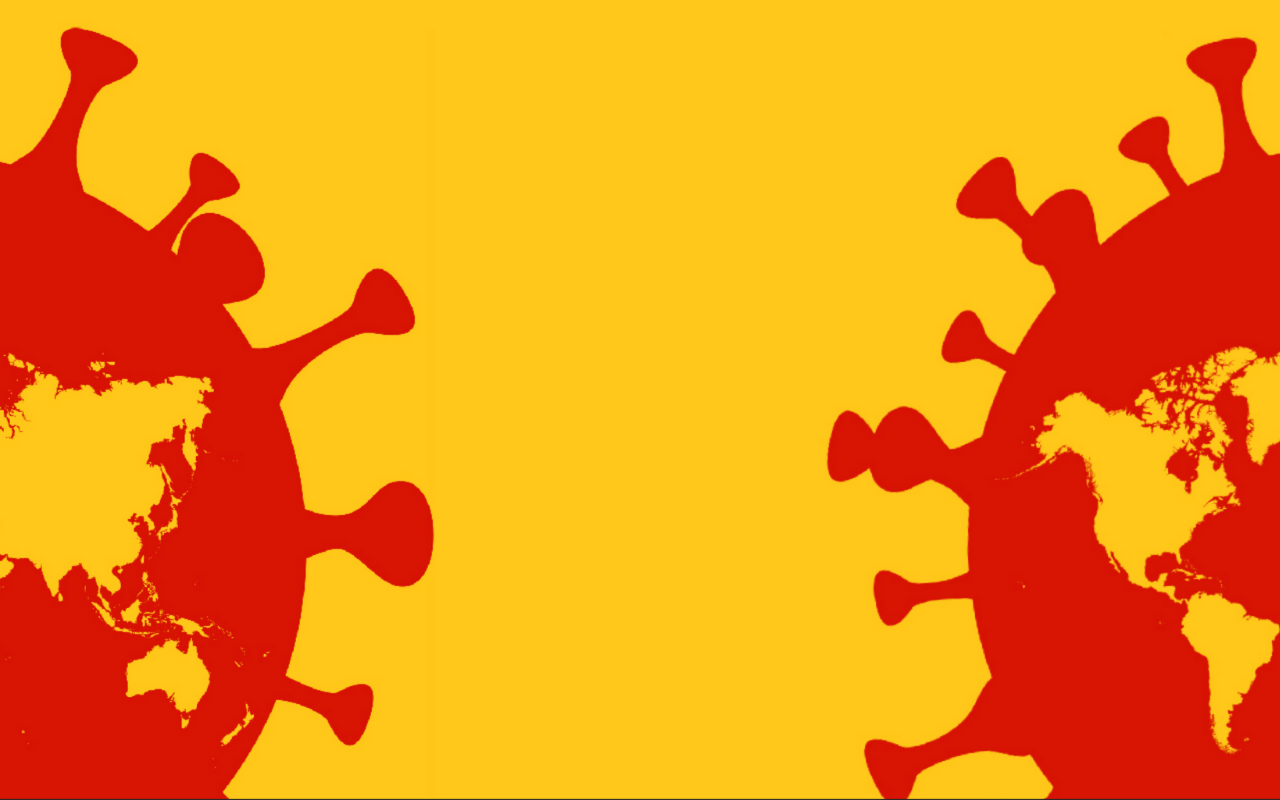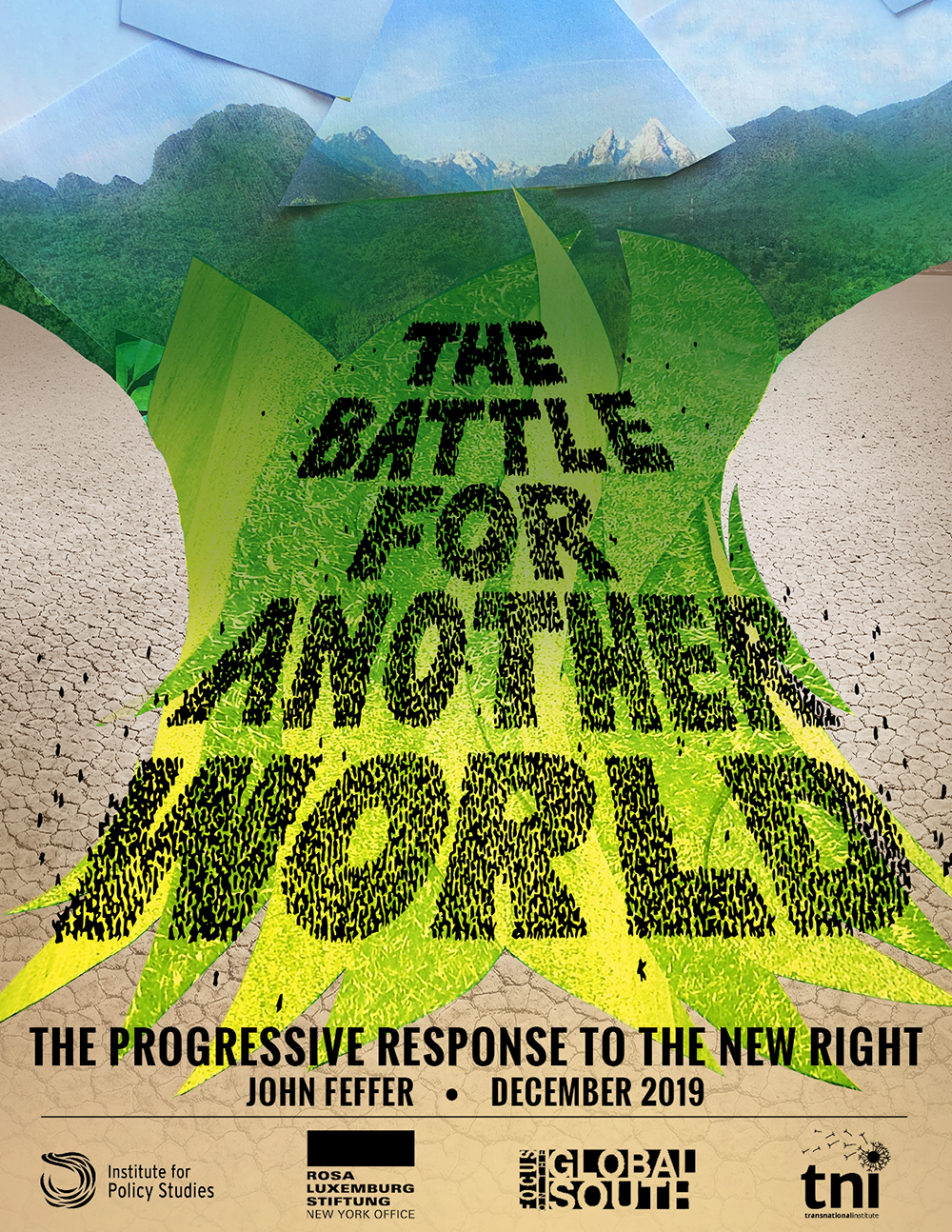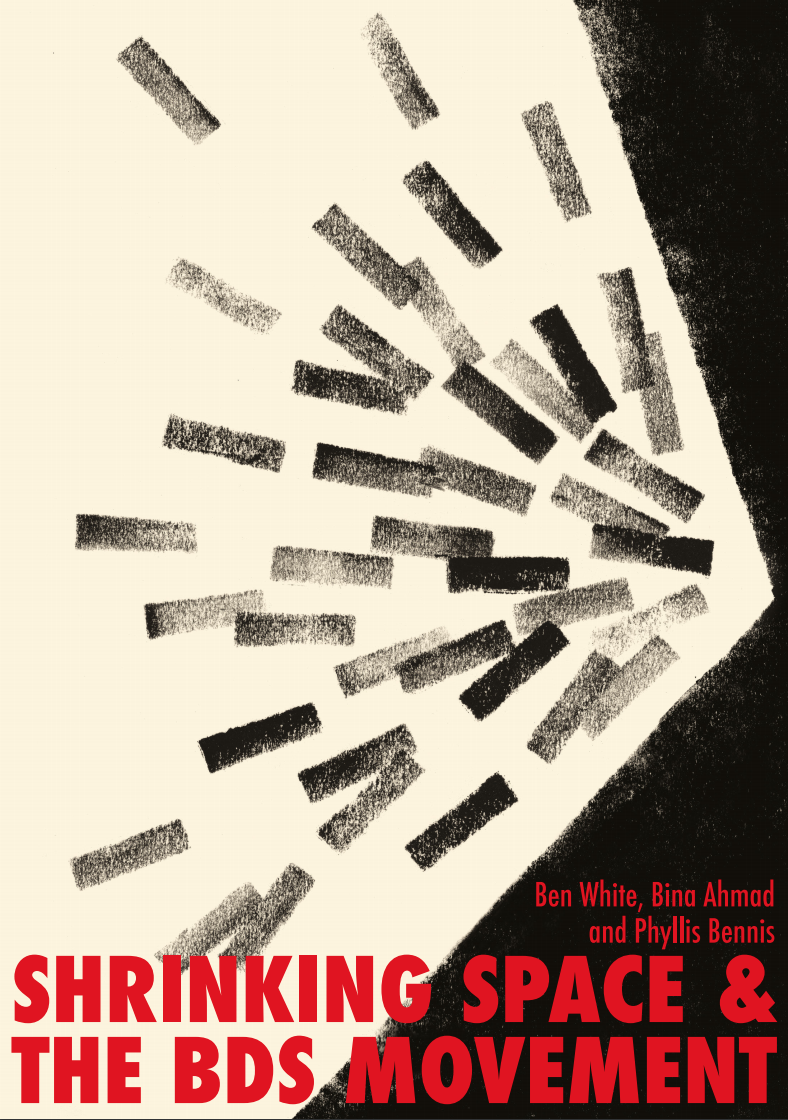Peace and Foreign Policy
To build peace, we must dislodge the economic and political foundations of war. IPS believes that a just foreign policy is based on human rights, international law, and diplomacy over military intervention.
Latest Work
Guest Work Won’t Stop Migrant Deaths
U.S. President George W. Bush and his Mexican counterpart Vicente Fox are cooking up a new guestworker program to absorb the thickening flow of Mexicans willing to put their lives on the line to bust onto the bottom rungs of the decelerating U.S. economy.
Has Israeli Occupation Become Legal in the 21st Century?
This past eight months of bloodletting between Israelis and Palestinians is no more than an additional, exhausting chapter in a decades old conflict.
The New Lexicon
Israel has no choice but to end the brutal occupation and subjugation of the Palestinian people. Not to do so clearly spells the beginning of the end of the State of Israel as it is known today, and will lead to the creation of a fanatical pariah state bu
HIV/AIDS Global Trust Fund: Need for an Equitable and Efficient Governance Structure
Through a combination of street protests, sophisticated policy reviews, media exposes, and powerful commentaries in the print and electronic media, AIDS activists have forced the issue of access to HIV/AIDS care in developing nations.
UN Small Arms Conference: Evaluation and Prospects
Small arms and light weapons, often ignored in traditional arms control agreements, contribute to the vast majority of death and destruction in conflicts worldwide.
Raise a Glass to Kyoto
If Kyoto goes down, there will be serious collateral damage, a point that G.W. Bush’s handlers have only recently begun to realize.
The Slovenia Summit: Bush Meets Putin
After handshakes and statements of good will, the two sides will return home, each with its own fish to fry elsewhere.
Have Faith in Free Trade–The Greatest Story Over Sold
Free trade isn’t all that it’s cracked up to be.
China’s Political Succession: Four Myths in the U.S.
Cheng Li ,”China’s Political Succession: Four Myths in the U.S.”
Israel’s Jordan is Palestine Option
Rather than continuing to dream of a Palestine with no Palestinians, General Sharon should be having nightmares, for himself and his people, thinking about the vengeance brewing in the hearts of those who have been made homeless or have lost their mothers
IPS Projects
Affiliated Projects
Reports

REPORT: Sending Arms or Twisting Arms: The U.S. Role in the Ukraine War

Multilateralism and the Biden Administration

The Pandemic Pivot



